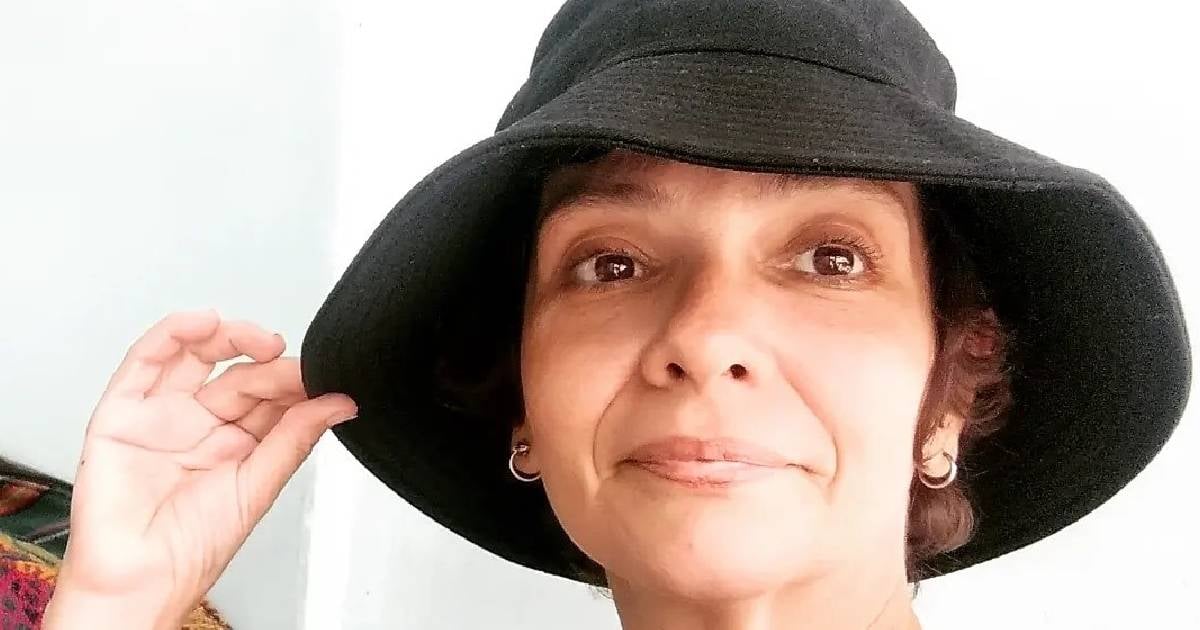Adriana Normand, a prominent writer, has revealed that she is forbidden from leaving Cuba, a status officially referred to as being "regulated," due to an alleged "public interest" as arbitrarily decided by the island's authorities.
Normand took to social media to share her predicament after visiting a Ministry of the Interior office responsible for issuing passports. "Today, at a passport issuance office, I was denied the process to obtain one. I'm regulated for public interest," she posted on her Facebook profile.
In recent years, the term "regulated" has been frequently used to prevent activists and journalists critical of the Cuban government from leaving the country, aiming to silence their accounts of life on the island when abroad. Numerous cases have been reported where Cuban immigration authorities obstruct individuals from departing without providing any convincing explanations for such decisions.
This prohibition against Normand followed her public resignation last October from contributing to independent Cuban media outlets, specifically elTOQUE and Rialta. Amid threats, confiscations, and extortions, the State Security has ramped up its harassment, employing psychological torture and coercion to dismantle initiatives critical of the regime and to extract "confessions" against their targets.
As part of this crackdown, contributors to outlets like elTOQUE, CubaNet, and Periodismo de Barrio have been summoned, interrogated, and pressured to abandon their work. They face accusations of "mercenarism," a criminal charge often wielded by the Cuban regime to criminalize independent journalists. According to Article 143 of the Cuban Penal Code, this charge can lead to sentences ranging from four to ten years in prison for those receiving foreign funds purportedly for "subversive" purposes.
However, these accusations are merely a facade for the government's ongoing strategy to control the flow of information and suppress any dissenting voices that challenge the official narrative.
